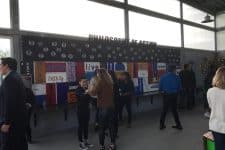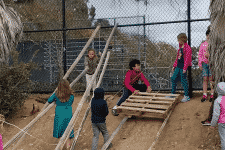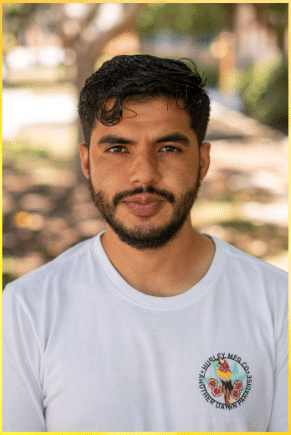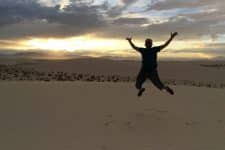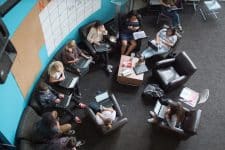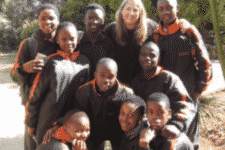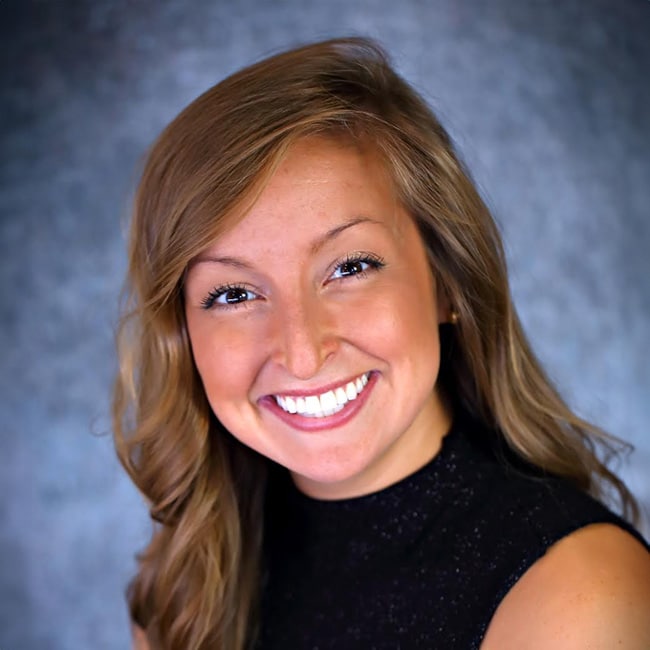Digital Portfolios
Graduate students develop a digital portfolio to document their learning, reflections, and research. Each student’s digital portfolio includes work from their core courses and the Master’s capstone project. The digital portfolio allows students to share and disseminate their graduate work and research with a broader audience of practitioners.
FILTER BY
- 2010
- 2010
- 2017
- 2017
- 2018
- 2018
- 2023
- 2023
- 2017
- 2017
- 2013
- 2013
- 2020
- 2020
- 2023
- 2023
- 2020
- 2020
- 2011
- 2011
- 2021
- 2021
- 2014
- 2014





